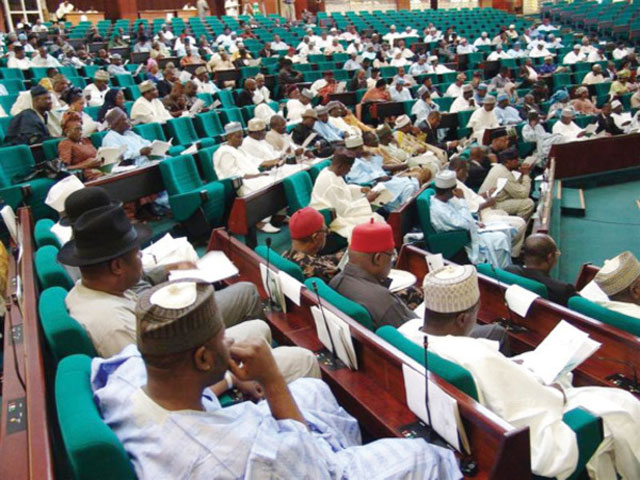
The House of Representative yesterday, by an unanimous voice note, jettisoned the government policy which subsumed Christian Religious Knowledge, CRK, in Civic Education as a compulsory subject in secondary school curriculum.
This followed a motion, titled “Call to make Civic Education an optional instead of a compulsory subject for Senior Certificate Examination”, by Beni Lar from Plateau State.
The members after an exhaustive debate on the motion at plenary, agreed that the policy was incongruent with the spirit and letters of the 1999 Constitution (as amended) on the provision of religious liberties.
The members agreed that students with the inputs of their parents at formative years should be taught the religious subjects of their choice in school. Essentially, the House, while pointing out that policy makers erred ab initio in tampering with the existing policy, also agreed that Islamic Studies and CRK should be taught independently and separately in the spirit of the constitution.
It will be recalled that the issue recently became a subject of controversy which pitted Christians in the country against the government. Moving the motion, Lar noted: “Under the previous Secondary School Curriculum which brought a lot of discontentment, Civic Education was not a compulsory subject and religious education was taught as Islamic Religious Knowledge (IRK) and Christian Religious Knowledge (CRK), both of which were optional subjects.
“The Federal Ministry of Education introduced a revised curriculum without due consultation with parents and stakeholders and the new nine-year Basic Education Curriculum on Religion and National Values Consolidated Religious Education and Civic Education under National Values and made Civic Education a compulsory subject for Senior Secondary Certificate Examinations.”
The lawmaker also observed that the “curriculum for primary one to three, which is the formative stage of a child does not provide for adequate teaching of the religious beliefs of the people but rather destructive half-truths which destroy the fundamental beliefs and erodes the essence of such religion being taught the children.”
More...
No comments:
Post a Comment